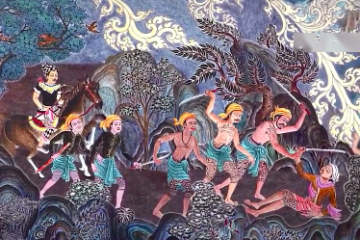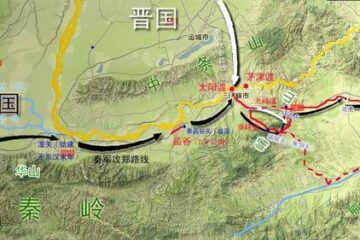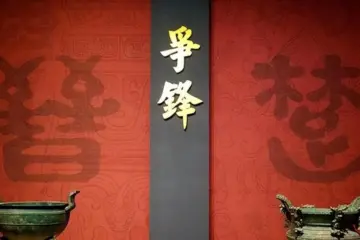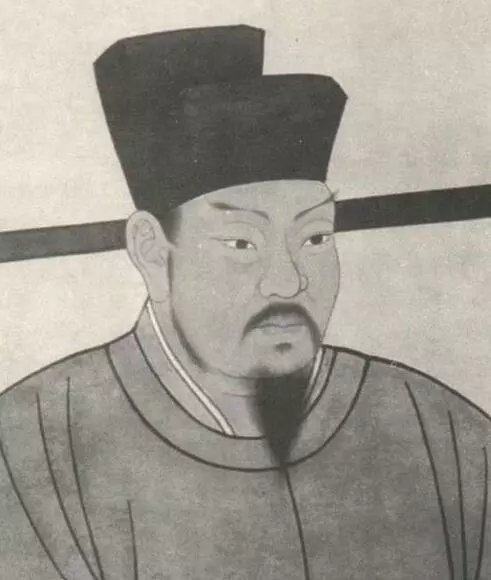
The so-called “Qingmiao Law” can be explained in one sentence: County officials would distribute loans to farmers in their jurisdiction for a period of six months every February and June, and then charge interest at an annual rate of 40%, with the interest being cleared along with the principal.
Borrowing money from the state during years of famine or using loans to support the people was something reminiscent of contemporary policy-based financial institutions.
Vulnerable groups unable to obtain commercial loans could seek support from policy-based financial institutions.
In terms of modern economics, the essence of finance is to improve resource allocation efficiency.
In plain language, the financial industry only adds to the prosperity and never provides relief in times of need.
The money should be placed in the hands of those who can make the most profit, allowing those who are wealthier than you to make more money using your money!
If they violate this rule, financial institutions not only can not make money but also potentially lose their principal.
How could Wang Anshi deplete the treasury of the court to support the struggling lower-class people?
The Qingmiao Law was never intended to alleviate poverty but rather to amass wealth.
Even some scholars who greatly admire Wang Anshi today admit that in order to amass wealth, complete tasks, and please Wang Anshi, the actual annual interest rates under the Qingmiao Law in some regions reached as high as 300%, with 100% interest rates being the norm.
Interest rates of 100%-300% are true examples of usury!
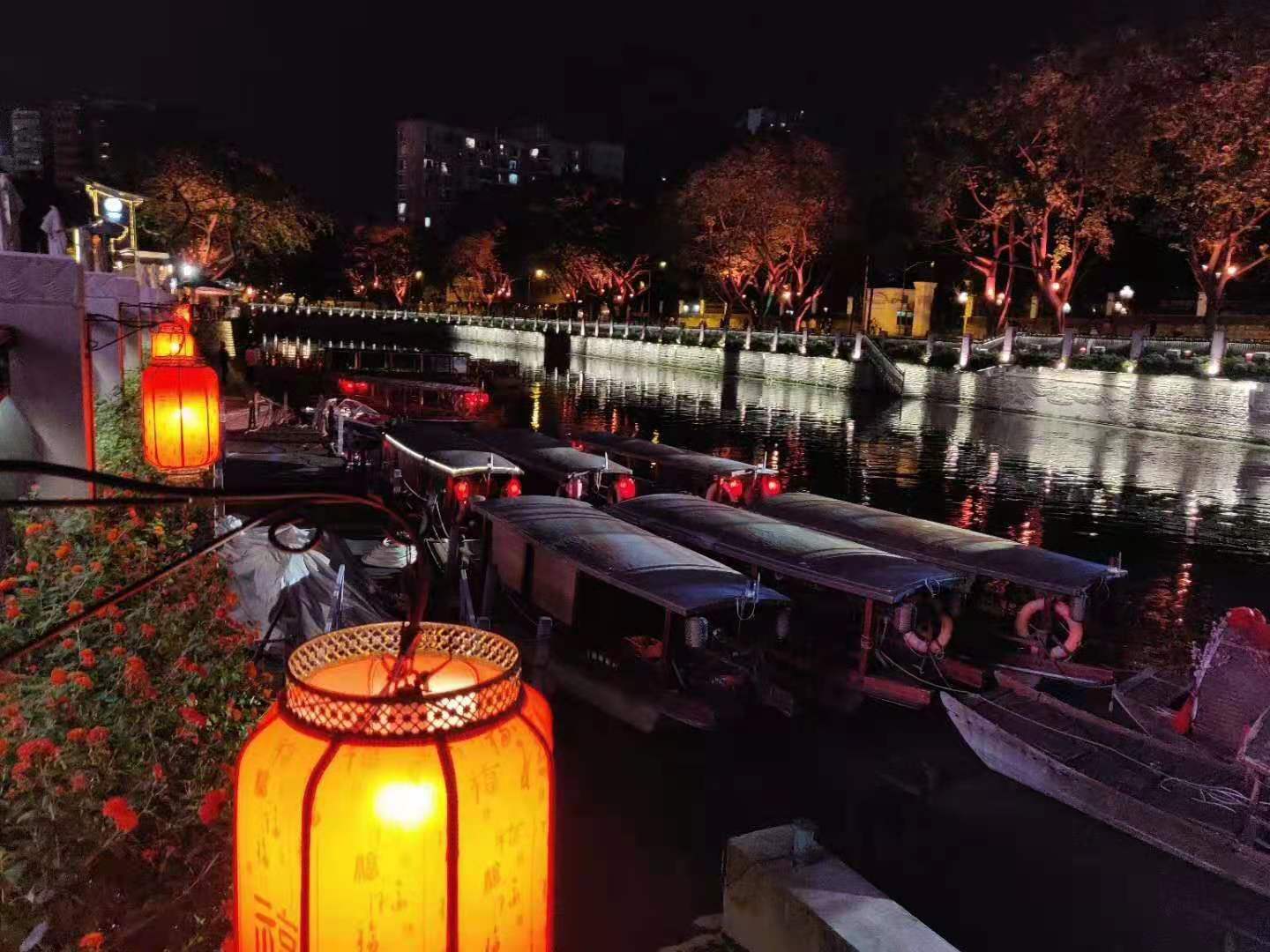
Using the language of contemporary economics, the Qingmiao Law can be described in such straightforward terms: The government forcibly demands loans with high interest rates from the people, and repayment of both principal and interest is enforced by violence—regardless of one’s wealth, the government must be repaid!
Whether people actually need these loans or have the ability to repay the principal and interest is not a concern for Wang Anshi.
Usury among city walls has already caused chaos, so if the government engages in high-interest lending and everyone has to borrow, it would be better to just go and rob! Even before the Qingmiao Law was implemented, it had already driven away a group of senior ministers such as Han Qi and Fu Bi.
When it was actually implemented, opposition was widespread throughout the court.
No matter how much damage it caused to the livelihoods of the people, as long as someone could benefit from it, there would always be people willing to engage in it despite the difficulties and dangers.
As a result, as long as one spoke favorably of the Qingmiao Law, regardless of their qualifications, abilities, or character, Wang Anshi would quickly promote them.
According to the records in the “Song Huiyao,” during the initial implementation of the Qingmiao Law, a system of joint responsibility was adopted, where five or ten households would guarantee each other.
If someone failed to repay the money, the guarantors would be held collectively responsible.
The problem was that the Qingmiao Law applied to everyone, including rural ruffians, hoodlums, and rogues who were also registered residents.
These individuals were notorious for never repaying their debts.
It would be quite troublesome to collect money from such people, and there was a risk that they would resort to violence, vandalism, or even backstabbing against the feudal bureaucrats…
If this debt burden was shifted to ordinary people, the level of danger would be significantly reduced!
If these ruffians and rogues could be utilized to implement the Qingmiao Law, the results would undoubtedly be better!
In the third year of Xining, the court began to implement the “Baojia Law,” where the Qingmiao money was distributed to “baozhang” and “jiazheng” appointed by the local county government.
These individuals had the autonomy to decide who should receive the money and how much interest to charge.
The so-called “baozhang” and “jiazheng” were precisely those defaulters who made others take responsibility for their debts, the hoodlums, rogues, and ruffians.
Who else but them could take up such positions?
The government officials always wanted to cover their tracks when it came to collecting money, as they were the respectable ones maintaining their positions in the court.
They couldn’t strip down to their shirtsleeves just for a few coins.
On the other hand, the “baozhang” and “jiazheng” could demand money without any qualms!
When the Qingmiao money was directly allocated, at least people could see the principal.
However, once the Qingmiao money was in the hands of the “baozhang” and “jiazheng”, people suddenly realized that the so-called Qingmiao money was just the interest paid twice a year to these hoodlums and rogues, with the principal being completely disregarded.
They completely tore off Wang Anshi’s fig leaf and turned the Qingmiao Law into a naked battle for interests!
What? No money?
No problem, just mortgage your land!
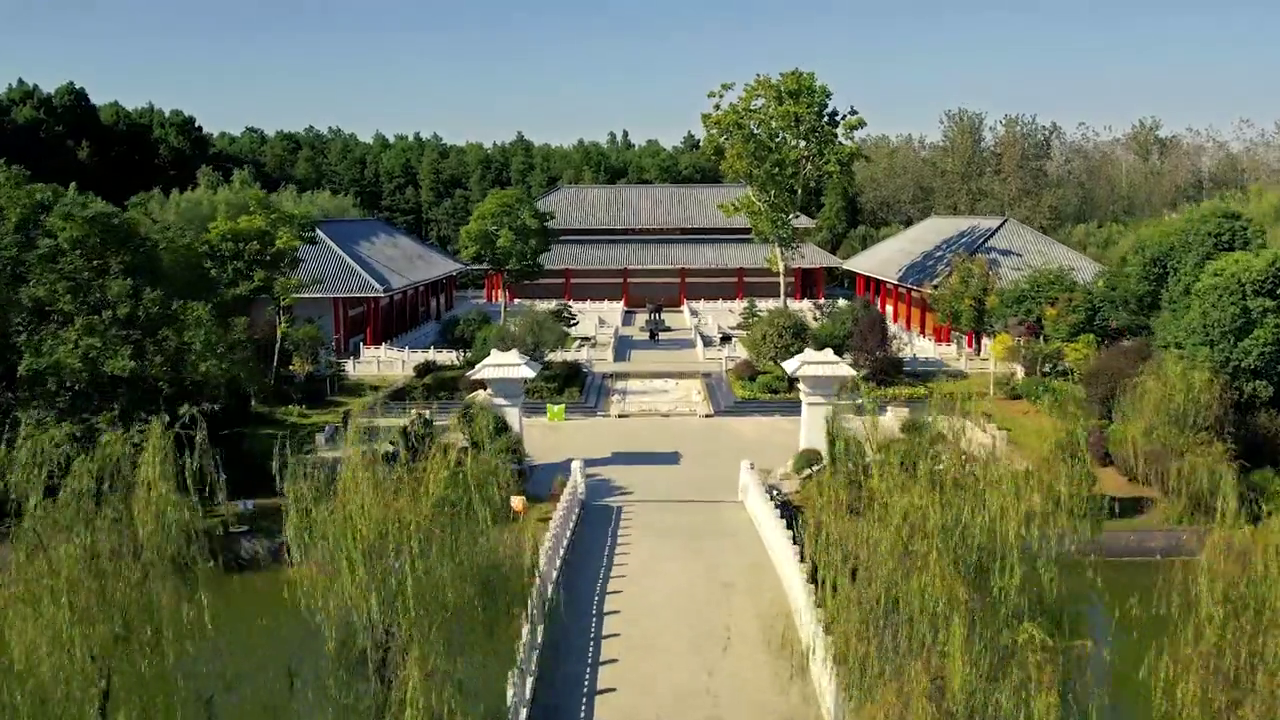
If you wanted to escape the Qingmiao Law, if you didn’t want to borrow money, there was only one way: exhaust your family wealth and pledge your land to the bureaucrats and hoodlums. In return, you would become a displaced person.
In the third year of Xining, just one year after the promulgation of the Qingmiao Law, the “Song Huiyao” describes two scenes for us: a small group of feudal bureaucrats living in luxurious mansions and vast estates, indulging in exquisite delicacies; they constantly pursued novelty, changing their clothing, food, shelter, and transportation to enjoy a variety of luxuries. If they ran out of money, they would use the pretext of benefiting the court to plunder private property from the people.
